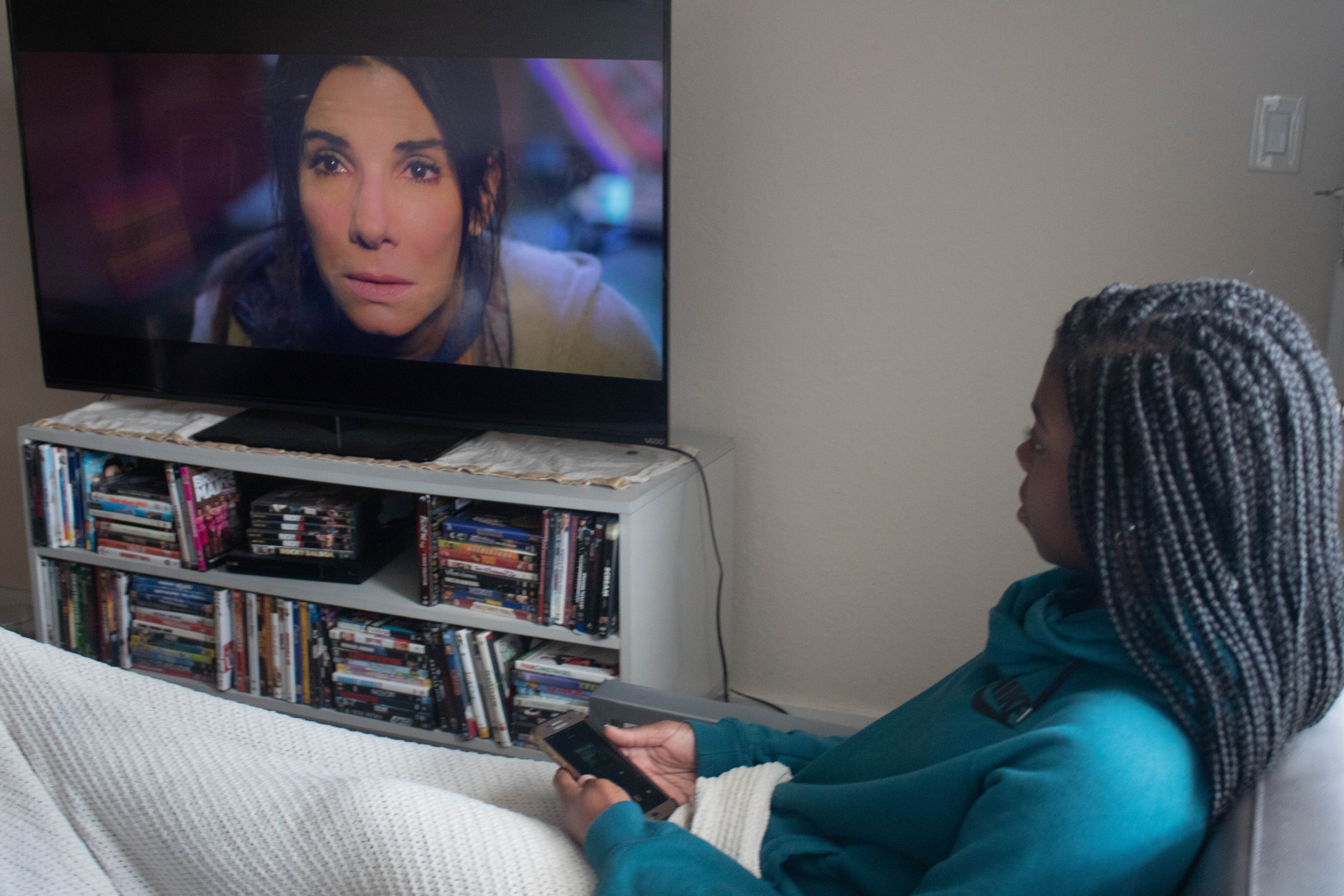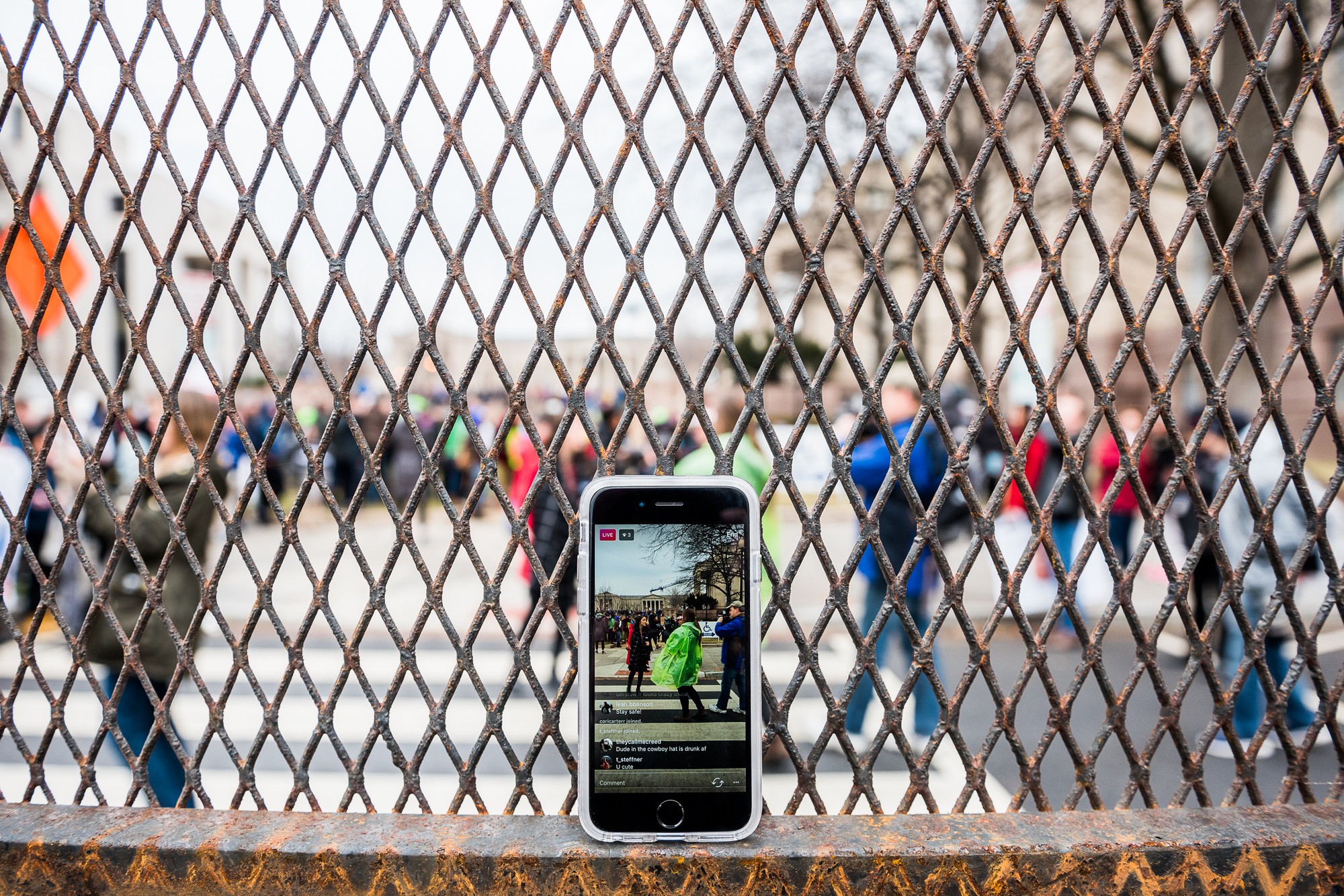It is not unusual for students to become distracted with text messages during homework or scroll through social media and play games on their devices before falling asleep. However, as relaxing as it may seem, the effects of scrolling are more harmful than good.
While scrolling to relax at bedtime, the backlight from screens negatively affects the quality of sleep and overall health of these individuals. According to Scripps Health, not only is eye strain a health risk, but other parts of the body and mental health are also affected. Some of the most common risks include increased stress and decreased sleep.
According to TechCrunch, adults spend an average of five hours on mobile devices using various apps. Due to convenience, adults use their mobile devices for shopping, reading e-books, checking email, playing games, using social media and more.
Increased screen time can cause users to become overwhelmed by the number of melancholy headlines or the pressure to look a certain way on social media. Tendinitis, carpal tunnel and weight gain are also some of the physical risks of overusing technology.
“I scroll during the day and at night I play games,” senior journalism and emerging media major Meghan Cooper said. “I notice that when I limit screen time, it allows me to focus on school work and not complete assignments at the last minute.”
Not only does limiting screen time help students get homework completed on time, but it also increases awareness and creativity. While many psychiatrists are hesitant to give adults advice on how much screen time is too much due to work and school requirements, they do recommend monitoring screen time when possible.
“Everyone’s frontal lobe functions better with less screen time, so planning and problem-solving will come more easily,” according to Psychology Today. “Improved frontal lobe function helps us sustain efforts and be self-disciplined.”
The makers behind these products have even made it easier for users to check their technology usage. In recent iOS updates, monitoring screen time is now an automatic function, and Android users can download apps available from the Google Play Store that monitor users’ screen time.
Students should start limiting their screen time and give themselves a break from constant scrolling and blaring screens. Take the time to read a book, have a face-to-face conversation and exercise while charging your phone in a room other than the bedroom. Limiting screen time may be challenging at first, but it is not impossible. It takes a conscious effort to do what may seem like the old-fashioned way of doing things.



